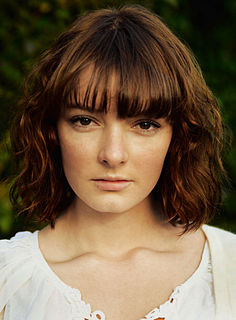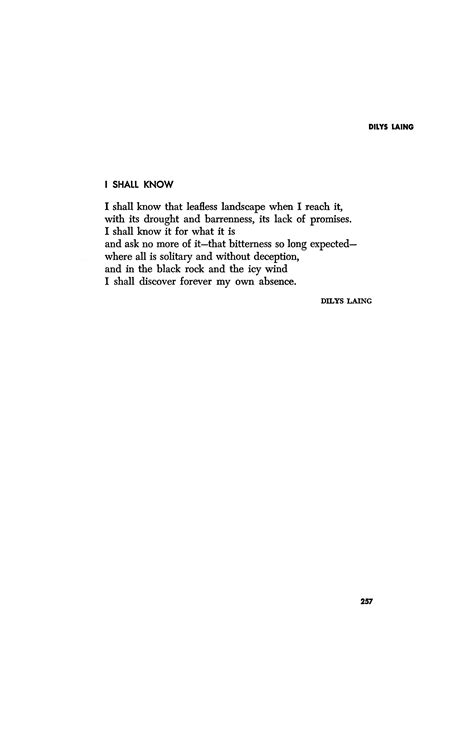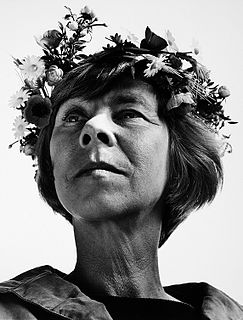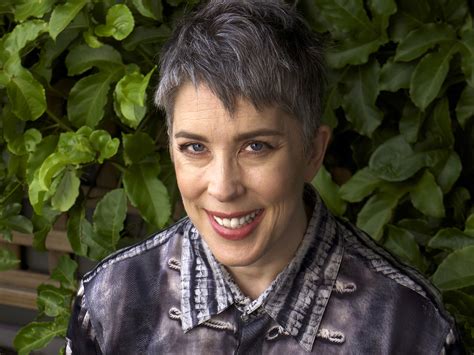A Quote by Eric Bana
Yeah I was aware of the book, but hadn't read it. So as soon as I'd finished the script, I got a copy of the book and read that. My wife had read it and she loves it, so that was a good sounding board. I like her writing style, she's such a page-turner. I enjoyed The Constant Princess as well. I think she's great. The books are very popular with women and I can see why.
Related Quotes
My mother lived her life through movies and books - she read everything there was to read. And she read to me every night. I never went to sleep without her reading to me. And she fantasized about the book and she would talk about it, the place, and you would think that after she read the book and after she told you stories about it, that she had actually been there. I learned about story from her, and I learned the value of a great story, and the value of great characters.
Now, my mom did not read well and she read 'True Romance' magazines, but she read with me. And she would spend 30 minutes a day, her finger going along the page, and I learned to read. Eventually, by the time I was four and a half, she could iron and I could sit there and read the 'True Romance.' And that was wonderful.
I didn't really like reading much before I did 'The Golden Compass'. But then my teacher told me to read it. And I thought, 'Oh God, I'm going to have to read a whole book by myself!' It's not that I couldn't read, it's just that I didn't really like books very much. But the book that she lent me I really enjoyed.
Forever, reading has been central, the necessary fix, the support system. Her life has been informed by reading. She has read not just for distraction, sustenance, to pass the time, but she has read in a state of primal innocence, reading for enlightenment, for instruction, even. ... She is as much a product of what she has read as of the way in which she has lived; she is like millions of others built by books, for whom books are an essential foodstuff, who could starve without.
I'm not terribly well read. My wife forces books into my hands and insists I read them, which I'm grateful to her for. She made me read 'War and Peace.' The whole thing. It was amazing, but I had to hide it. You can't walk round reading 'War and Peace' - it's like you're in a comedy sketch and you think you're smart.
I was in a store in Halifax, Nova Scotia that I love, sort of like an environmental friendly sort of store. But they had a great book section. So I went in there all the time. The woman who worked there - which I feel so bad; I've forgotten her name - she handed me the book and she said, "Hey, you should read this. I think it would make a good movie." I remember reading the back of it and I was like, "Huh." Then I just devoured the book and I was so moved by it and said, "Why don't we start developing this into a film?" So that's how it ['Into the Forest'] all started.
So he lent her books. After all, one of life's best pleasures is reading a book of perfect beauty; more pleasurable still is rereading that book; most pleasurable of all is lending it to the person one loves: Now she is reading or has just read the scene with the mirrors; she who is so lovely is drinking in that loveliness I've drunk.
I put down my book, The Meaning of Zen, and see the cat smiling into her fur as she delicately combs it with her rough pink tongue. 'Cat, I would lend you this book to study but it appears you have already read it.' She looks up and gives me her full gaze. 'Don't be ridiculous,' she purrs, 'I wrote it.'
There are books full of great writing that don't have very good stories. Read sometimes for the story... don't be like the book-snobs who won't do that. Read sometimes for the words--the language. Don't be like the play-it-safers who won't do that. But when you find a book that has both a good story and good words, treasure that book.
I re-read The History of White People by Nell Irvin Painter. It's a book every one should read, particularly Americans, as the USA is her primary focus. Her book demonstrates that white is not universal, that white is not neutral, that it has a history, which she eloquently delineates. It's not often you finish a book understanding how the world operates better than before you read it.




































